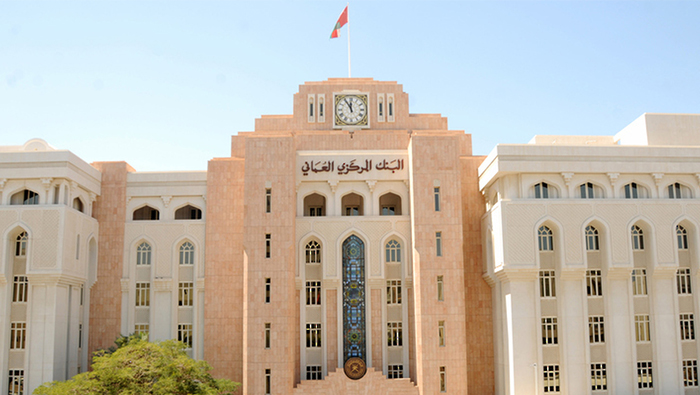The Central Bank of Oman recently raised OMR33 million through the allotment of treasury bills, with values of OMR8 million and OMR25 million for 28-day and 91-day maturity periods, respectively. The average accepted price for the 28-day bills was OMR99.645, with a minimum accepted price at OMR99.645 and average discount rate and yield at 4.62768% and 4.64417%, respectively. For the 91-day bills, the average accepted price was OMR98.747, with a minimum accepted price at OMR98.730 and average discount rate and yield at 5.02657% and 5.09037%, respectively.
Treasury bills are highly secured short-term financial instruments issued by the Ministry of Finance, allowing licensed commercial banks to invest their surplus funds. The CBO acts as the Issue Manager, facilitating liquidity through discounting and repurchase facilities. The interest rate on Repo operations with CBO is 6.00%, while the discount rate on the Treasury Bills Discounting Facility with CBO is 6.50%. These bills also contribute to the development of the local money market by establishing a benchmark yield curve for short-term interest rates and can be used by the government to finance recurrent expenditures.
Overall, treasury bills play a vital role in the Omani financial market by providing a secure investment option for commercial banks and contributing to the liquidity management efforts of the CBO. Investors can benefit from the fixed returns offered by these bills, while the government has a reliable tool for managing its short-term financing needs. By participating in treasury bill auctions, investors can diversify their portfolios and potentially earn attractive returns in a secure and regulated environment.
The auctioning of treasury bills by the CBO signals the government’s ongoing efforts to manage its financial obligations and foster a stable economic environment in Oman. As a reliable source of short-term financing, these bills enable the government to meet its expenditure requirements without resorting to more expensive forms of borrowing. Additionally, the development of a robust money market through treasury bill auctions contributes to the overall economic growth and stability of the country.
In conclusion, the recent auction of treasury bills by the Central Bank of Oman highlights the importance of these financial instruments in the Omani economy. By providing a secure investment avenue for commercial banks and offering the government a reliable source of short-term financing, treasury bills play a crucial role in maintaining liquidity in the financial system and supporting economic growth. Investors and the government alike can benefit from the flexibility and stability offered by treasury bills, making them a valuable tool in the financial landscape of Oman.











